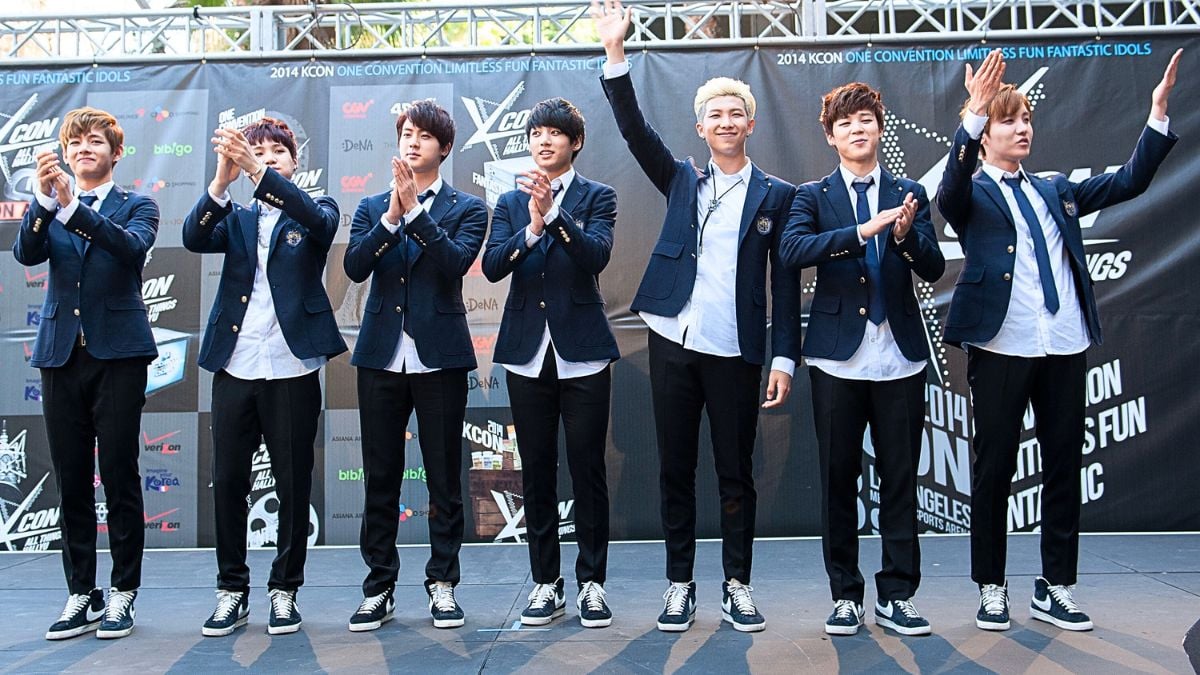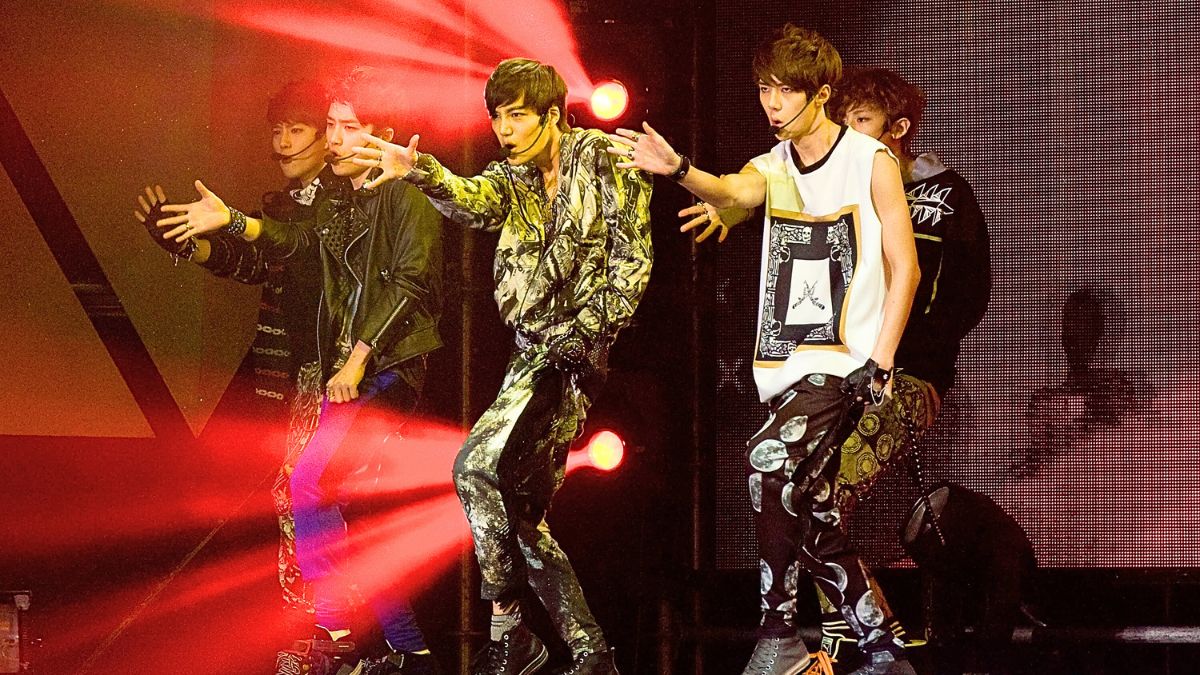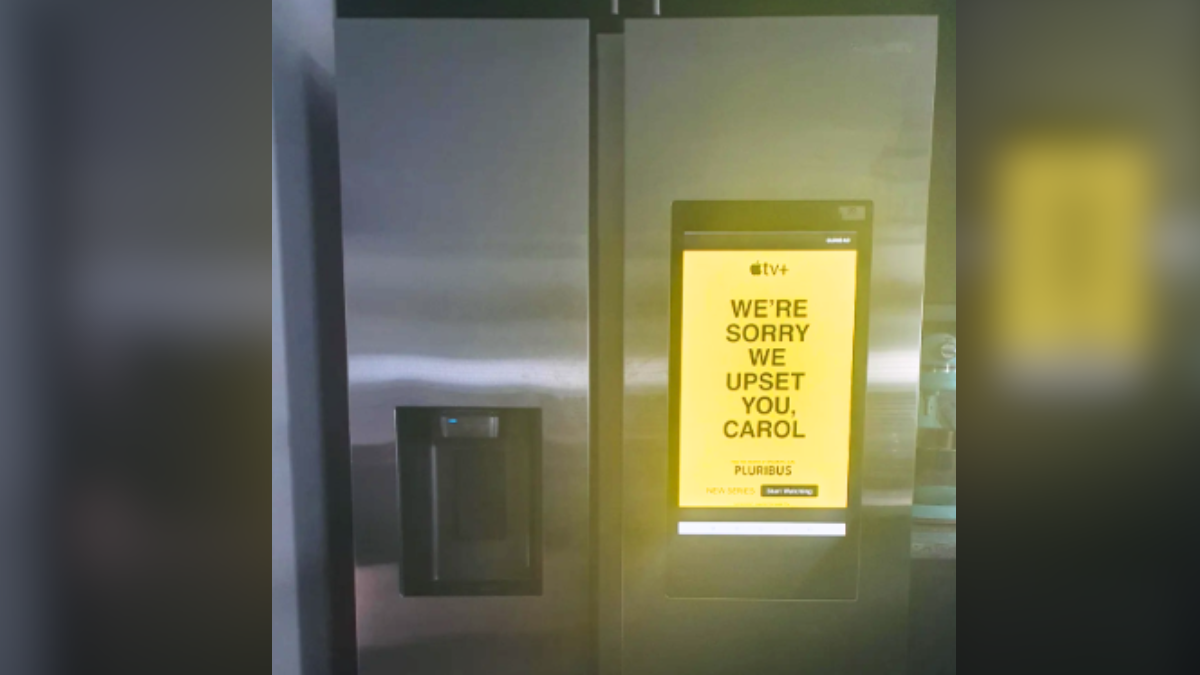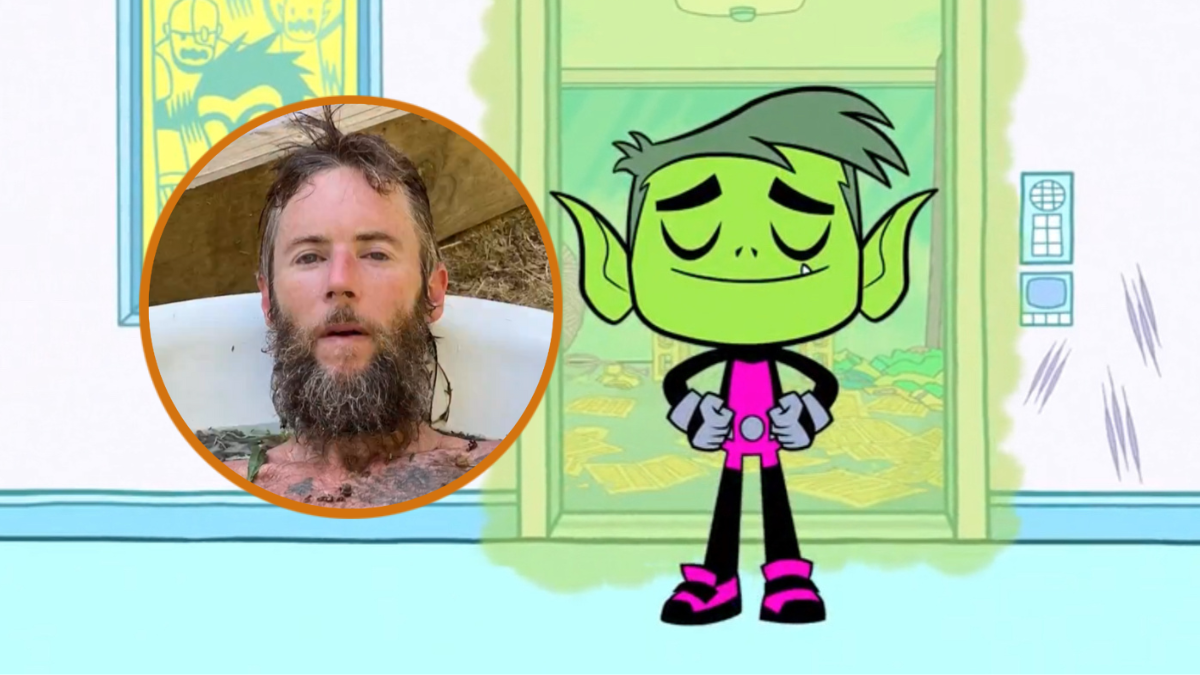The Western music industry has long been fascinated by the K-pop system, for better and worse. Now, a new reality show is sending five British boys to Korea to learn the K-Pop way.
There have been plenty of popular boy bands in the West, but none have quite reached the global stardom of BTS, so it’s not surprising that the former is now looking toward Korea to understand what it is that makes K-Pop bands so appealing to the masses in all corners of the world.
Made in Korea: The K-Pop Experience, format explained

Described as “a music experiment like no other,” Made in Korea will follow a five-member British band as they become K-Pop trainees for 100 days at SM Entertainment, one of Korea’s leading music companies. Like the young Korean boys and girls who audition for SM regularly, the five Brits will have rigorous dance, singing, life-coaching, and performance classes as they become immersed in South Korean culture.
Hee Jun Yoon, who handles the Artist Planning & Development Center’s casting and training units at SM, will evaluate the band’s progress on a weekly basis.
When is Made in Korea: The K-Pop Experience coming out?
According to BBC, the six-episode reality show will launch on BBC One and BBC iPlayer as early as this summer, but there is not a fixed release date just yet. It will be distributed internationally by ITV Studios.
The show is produced by Moon&Back Media, part of the team that developed and produced shows such as Got Talent, The X Factor, and popular bands like One Direction, in collaboration with SM Entertainment and Kakao Entertainment America.
SM Entertainment is responsible for legendary bands like Shinee, Girls’ Generation, and EXO, as well as newer phenomenons like NCT, aespa, and RIIZE. SM is considered one of the “big four” K-Pop music labels in South Korea, alongside BTS’ HYBE, Blackpink’s YG, and TWICE’s JYP Entertainment.
How the K-Pop system differs from the Western music industry

Although boy bands and girl groups are similarly formed in the West and the East, either through talent shows or music executives, the K-Pop trainee system usually requires that all members be versed in all aspects of being a pop star, whether that’s singing, dancing, performing, or even modeling and acting. The labels are set up around that process, providing an environment akin to a performing arts school, all before the final line-up for the various groups is even set in stone. Only after the label deems the trainees to be ready, do the bands officially debut by releasing their first singles.
Through that process, companies will commonly tease fans with content and sneak peeks at upcoming groups in order to begin building a fanbase before audiences have even heard a single song. That same level of engagement and apparent proximity between fans and what they call “idols” is maintained continuously via an enormous amount of content including variety and reality shows, numerous photoshoots, fan events, and concerts.
This intensity has resulted in a bit of a stigma around K-pop groups, which the West has frequently framed as being manufactured or mass-produced. Still, the irrefutable success of this approach has resulted in multiple Western labels copying some of its aspects, such as releasing multiple special collectible editions of the same album.
Although it’s given a lot of attention by the West, the trainee process is, therefore, only part of the recipe for K-pop’s success. Nevertheless, we’re curious to see how this British boy band fits the world of K-Pop.











Published: Jul 15, 2024 08:17 am